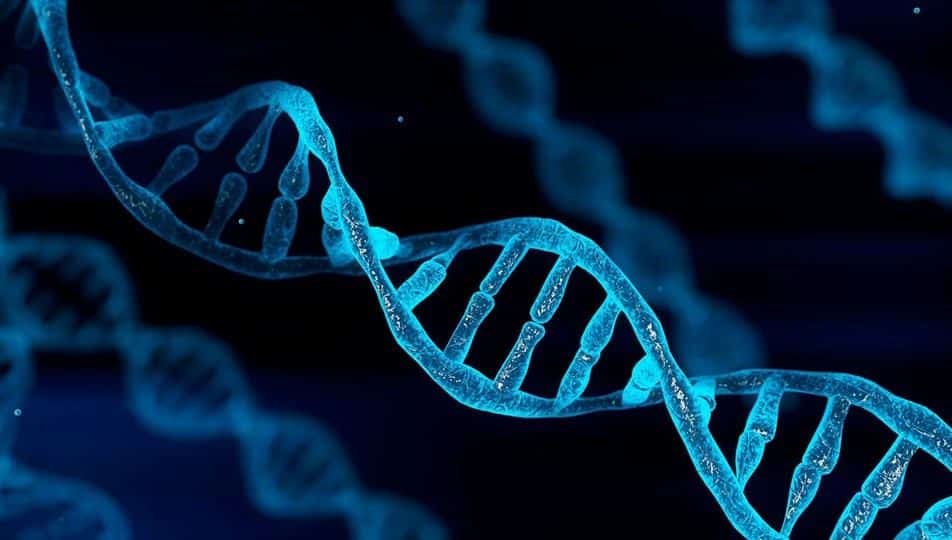Learning and memory genes are 650 million years old

Researchers have made a groundbreaking discovery, revealing that the genetic foundations responsible for complex behaviors such as learning, memory, and aggression have their origins traced back approximately 650 million years ago.
Researchers, led by Dr. Roberto Feuda from the Neurogenetic group at the Department of Genetics and Genome Biology, alongside colleagues from the University of Leicester and the University of Fribourg (Switzerland), have recently published their findings in Nature Communications.
Dr. Feuda explained that monoamines, such as serotonin, dopamine, and adrenaline, have long been known to act as neuromodulators in the nervous system, playing crucial roles in complex behaviors, learning, memory, sleep, and feeding. However, the origin of the genes responsible for the production, detection, and degradation of these monoamines had remained uncertain. Using advanced computational methods, the researchers reconstructed the evolutionary history of these genes and found that most of them originated in the bilaterian stem group.
This discovery has profound implications for understanding the evolutionary origin of complex behaviors observed in humans and other animals, which are modulated by these monoamines.
The authors propose that this newly discovered mechanism for modulating neuronal circuits may have played a significant role in the Cambrian Explosion, a period of rapid diversification of life that gave rise to many major animal groups we see today. This mechanism provided flexibility to neural circuits, enabling better interaction with the environment.
According to Dr. Feuda, this breakthrough will open up new avenues for research, shedding light on the origins of complex behaviors and examining whether the same neurons are involved in modulating reward, addiction, aggression, feeding, and sleep. The study’s implications could significantly advance our understanding of the neural basis of various behaviors and their evolution across species.
Source of Story
Matthew Goulty, Gaelle Botton-Amiot, Ezio Rosato, Simon G. Sprecher, Roberto Feuda. The monoaminergic system is a bilaterian innovation. Nature Communications, 2023; 14 (1) DOI: 10.1038/s41467-023-39030-2




